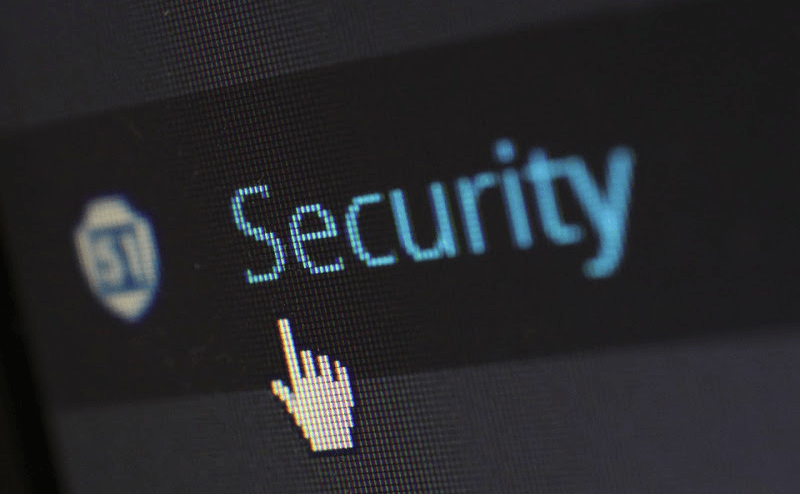An alarm system can have many different levels of complexity. In some ways how complex yours is will depend on your property. Are you securing a home? Are you securing the premises of a business?
Are you just trying to keep your car safe? Different alarm systems have different applications. That said, for most, home alarm systems are the issue and they don’t necessarily have to be difficult to install. But you do want to get the job done right.
In this writing, we’ll cover a few tactics involved in the installation of your system, and different schools of thought in this area. What works for you depends on yourself and your property. Some people have greater concerns than others. Some have more to protect, some have less. Finding your balance is key.
1. The Total DIY Route
The preponderance of modern alarm systems involve sensors giving information to a central hub. Some sensors may be solar powered, many have cables you’ve got to properly conceal. Cables can be cut and will reveal where sensors are. Motion detectors, cameras, and loud alarms can be configured to sound unless you disable the system.
If you’ve got an unavoidable bottleneck that leads to your home, you might just put alarm systems around that area. Whether you live in a cheap apartment in a huge city like Chicago or a big suburban home, alarm systems are important. If you’ve got multiple points of entry, you’ll want some contingency for each one. Going wireless can make installation easier, but keeping wireless IoT (Internet of Things) alarms, cameras, and sensors operational may require a little consideration.
If you can plug directly into power, or use solar, that’s worthwhile. Some sensors need batteries. Batteries take time to charge or may require replacement at intervals. Sometimes a couple of AA batteries may last you the year, sometimes only a few days.
What’s cheaper and better is rechargeable options or solar solutions that either remain charged on their own or can be subbed out. Consultation helps you determine your options, and what to avoid for your particular property.
2. Technological Options To Hybridize DIY
IoT is absolutely fundamental to modern security systems. Some homeowners don’t like this route, because it involves web connectivity, which exposes your digital underbelly to hackers, so to speak. However, there are VPN (Virtual Private Network) options that can be put into play which hide your IP, allowing you to utilize technology without making yourself vulnerable.
You can combine DIY approaches with technology should that suit you. A great way to do that is following the tips as lined out by this Amazon Alexa and Total Connect 2.0 Integration Guide by Alarm Grid.
Here’s the thing: Alexa, Siri, Echo; all of these devices are listening to every sound in your home, and uploading that information to a database. With this in mind, there’s a sort of tradeoff to consider.
On one hand, you’ll save time and money installing security systems through the use of personal assistants to manage IoT alarm tech. They will secure your premises, and everything they hear is uploaded to a database. That can help catch a bad guy who sneaks in your home while you’re on vacation. On the other hand, all of which can be recorded in your home will be.
3. Security System Contractors
Contractors can be hired to install a security system in your home, but there are a few reasons this isn’t wise; chief among them the reality that someone you hired out for one job may come to have intimate knowledge of your home. There have been scams where security system installation contractors steal from clientele because they know how to deactivate security systems.
However, this isn’t always the case, and there are many security system installation experts who operate honestly. You just want to vet those experts, learn the system intimately, and change its default settings when they’re done. If the contractor programs in a deactivation code, change it as soon as they leave.
Additionally, beyond collateral theft after the fact, there are also sub-standard security systems pushed on homeowners by unscrupulous salespeople at unrealistic, high costs. This is also to be avoided.
Keeping Property Assets Secure
Cars, RVs, tiny homes, sheds, primary residences, professional offices—all such spaces represent prime targets for thieves. It’s wise to secure them. Whether you go the DIY route, install the latest tech, or contract out professionals will be up to you. Do the job right and your property will be more secure.

